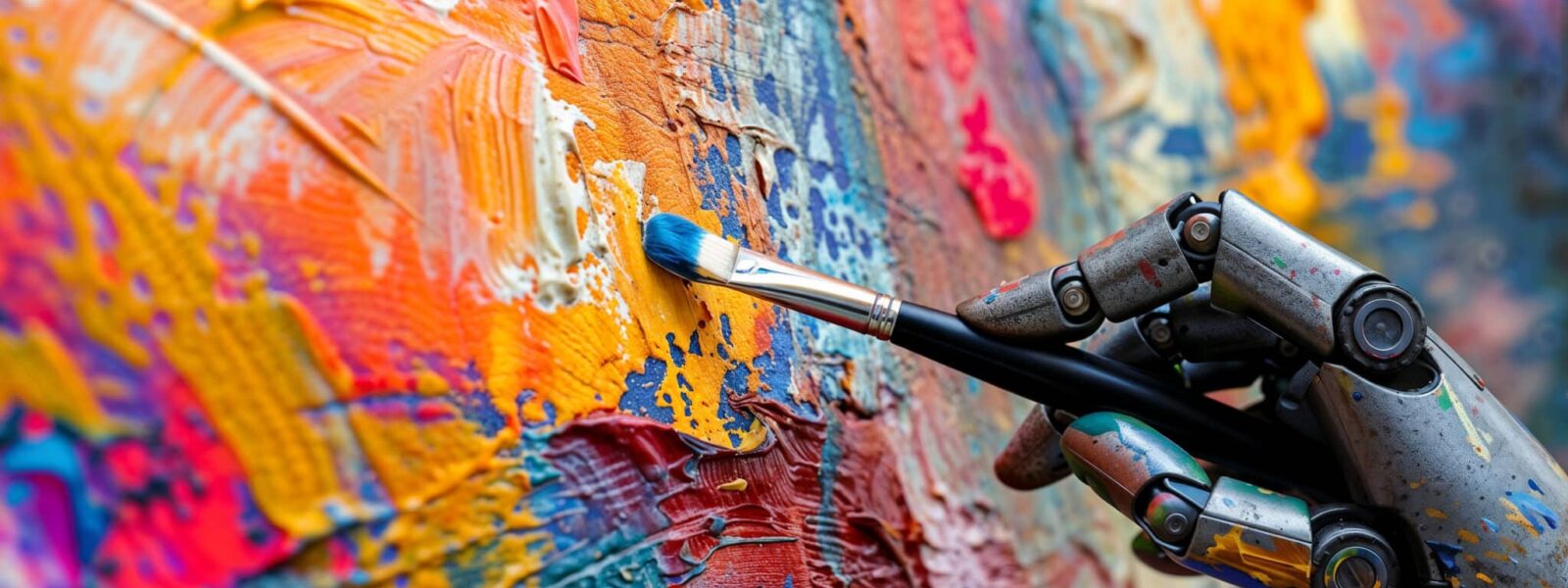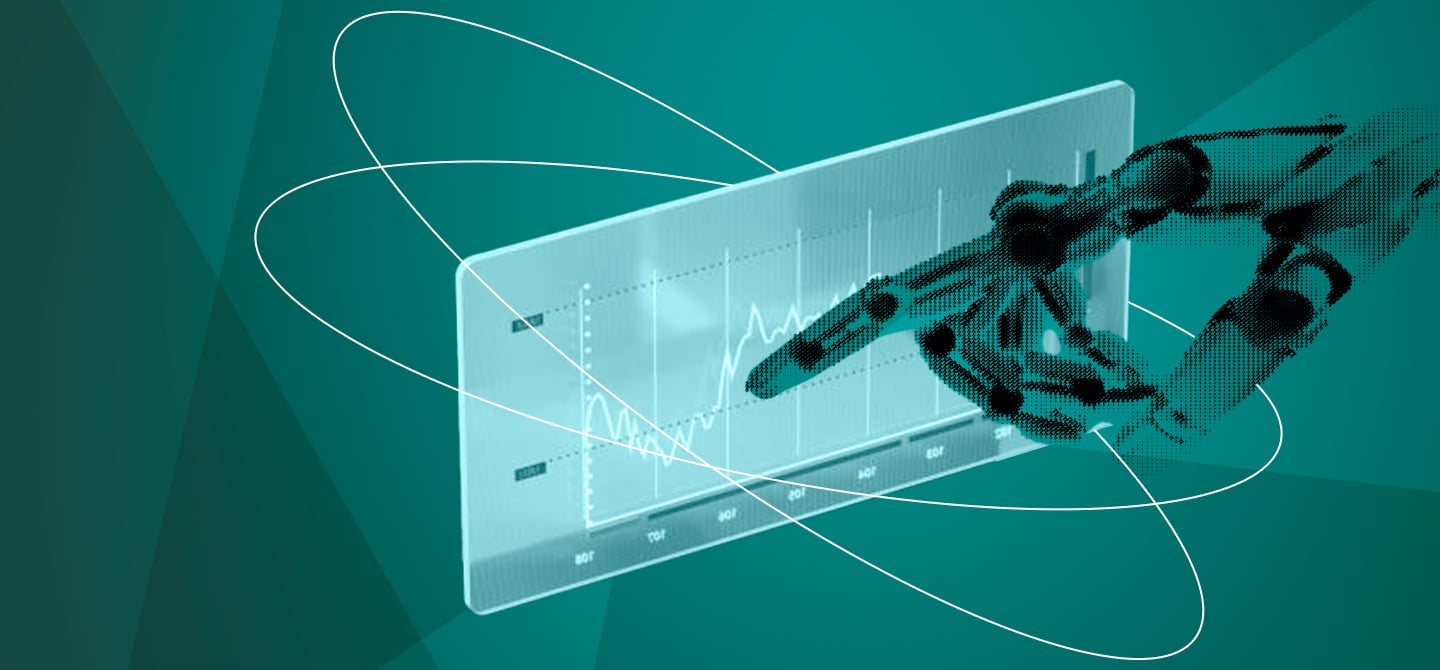AI and copyright : the true, the false, and the uncertain
- Copyright applies to any work that is the product of the human mind and demonstrates originality.
- Scientific work that present only factual results, without any unique approach or particular organisation, may not be protected by copyright.
- Ignorance of the use of protected works, which may be requested when generating content using AI, is a recurring problem when determining whether or not copyright infringement has occurred.
- AI is not considered an “author,” but it can be used as a tool to lead to the creation of original works.
- However, AI designers and entities that exploit them could claim benefits on the generated content and demand to be rights holders.
Writing assistance, summarising articles, accessing information more quickly : today, the use of generative artificial intelligence (AI) saves a considerable amount of time and is significantly transforming the way we approach art, writing and research. However, many questions regarding the status of AI-generated content remain unanswered. On 27th December 2023, the New York Times took OpenAI and Microsoft to the US federal court, accusing them of using millions of their articles to train their AI models1. For its part, Amazon is facing a massive influx of AI-generated books, with hundreds of works created by ChatGPT listed, ranging from travel guides to children’s books. Since then, the company has changed its rules which now require authors to disclose whether their work was generated by AI and limiting services to three publications per day per author.
Faced with a technology that is still largely unregulated, many questions remain. Are AI models entitled to use copyright-protected data to generate content ? Can AI become the author of a work ? Who owns the rights to AI-generated content : the user or the software designer ? Camille Jalicot, senior lecturer in private law at the University of Bordeaux, answers our questions about AI and copyright, sorting out what is true, what is false and what remains uncertain.
#1 Any work, from novels to plays to scientific articles, can be protected by copyright
TRUE
Camille Jalicot. The Intellectual Property Code does not distinguish between different types of works. Copyright protection applies to all intellectual works, regardless of their genre, form of expression, merit or intended use. In principle, any work can be protected by copyright. However, to be protectable it must meet one condition : it must be original. However, from a practical point of view, the answer is somewhat more nuanced. While some works lend themselves easily to copyright protection, this is not always the case. This is one of the difficulties encountered by researchers who write scientific articles : if they simply present factual results without organising them in an original way, a court could consider that their work is not a protectable intellectual creation.
There are cases where researchers have sought to protect their work, but the courts have ruled that it could not be protected due to a lack of originality. On the other hand, if a more unique approach is taken, a part of their personality could be found in their work, and it could therefore be protected by copyright.
#2 AI can search through data without the consent of the copyright holders
PARTIALLY TRUE
Data mining is a technique that allows AI to analyse third-party data available on the internet to train algorithms. At the European level, the Regulation establishing standardised rules on artificial intelligence refers to the rules laid down in Directive 2019/790 of 17th April 2019 on copyright and related rights in the Digital Single Market2. In principle, text and data mining for scientific research purposes by research organisations and cultural heritage institutions is permitted provided that access to the data is lawful3.
Similarly, data mining may also be carried out by private entities acting for commercial purposes, such as AI developers. In principle, such mining is also permitted provided that these entities access the data lawfully. Rights holders may, however, restrict or prohibit this practice, but in this case they must express their refusal [Editor’s note : this is the “opt-out” mechanism]. In a sense, the traditional legal framework is being reversed. Whereas copyright law considers any unauthorised use of a work to be prohibited, the directive introduces an exception : in principle, data mining that has not been prohibited by the rights holders of the work is permitted.
#3 AI can generate content that infringes copyright
TRUE
A major issue is whether AI can generate content that infringes copyright. When a user asks ChatGPT an innocent question, is it possible that the content produced by the model could copy a pre-existing work ? Since AI is trained on data that is sometimes protected by copyright, it can generate content that is very similar to existing works, to the point of constituting copyright infringement. For example, Disney and NBCUniversal recently filed a lawsuit against Midjourney4, which generates images that are heavily inspired by photographs, such as those of Darth Vader or the Minions, which are protected by copyright.
Similarly, if a scientific article is generated by AI, there is a risk that the generated content may be so similar to other articles that it constitutes copyright infringement. This is detrimental to users : AI does not provide the sources of the elements it generates. It is unclear what is protected by copyright and what is not in the raw content generated by AI, and therefore how to use this data, which could give rise to litigation.
#4 Work produced using AI can be considered an “intellectual work”
UNCERTAIN
Beyond the question of data mining, there is also the question of the legal nature of AI-generated content, namely whether it can be protected by intellectual property law. In copyright law, protection of a work arises solely from the fact of its creation. If you write a novel, paint a picture or write an article, you are entitled to copyright as long as the work is original, even if it is unfinished. However, as there is no prior protection or steps to be taken in advance, the protection of the work remains hypothetical until a judge rules on its originality in the context of a legal dispute.
FALSE
However, content produced by AI is not, a priori, an intellectual work for one simple reason : for a work to be original, it must be produced by a human being. AI is neither a human being nor a legal entity. AI cannot therefore be an “author”. We can already rule out the protection of raw content generated by AI under French copyright law.
TRUE
It should be noted, however, that content generated by AI may be subject to specific prior research by the user. Depending on the prompt written, AI can be used as a tool by an artist or researcher, in the same way as Photoshop or Word. It can therefore perfectly well lead to the creation of original intellectual works. As a result, we cannot rule out the protection of a work generated by AI if we can perceive a creative effort on the part of the author.
#5 AI can be the owner of the rights to a creative work
UNCERTAIN
Again, AI cannot be the owner of rights. However, AI designers, or at least the entities that exploit them, could claim rights to the content generated. The latter could invoke the creation of the work and claim rights. As things stand, it is not certain that such a claim would be successful, but if it were, the question would be “who would own what” and “according to which model”. Would we be talking about joint ownership between the user and the designer of the technology ? Or would only one of the two be the owner ?
This is a new issue, so we do not yet have a definite answer. This is mainly because the legal process is slower than the pace of innovation, particularly in the field of AI, where developments are happening very quickly. However, this does not prevent legislators from taking an interest in these issues, and answers should therefore be provided. This is a matter to be monitored closely…















